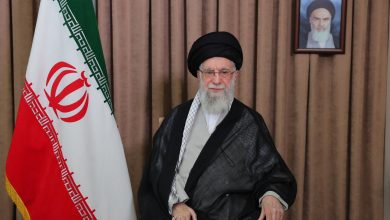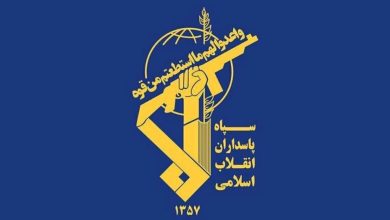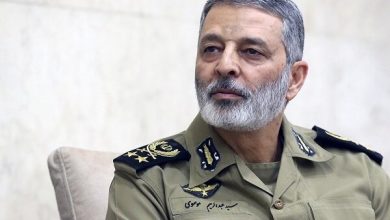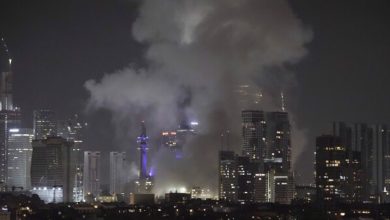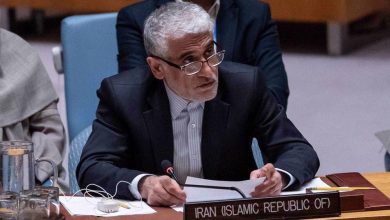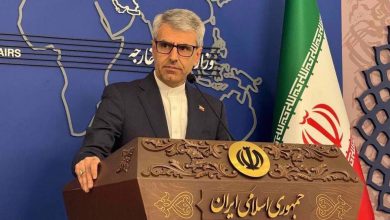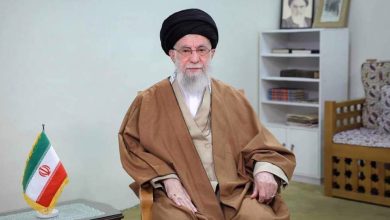Iran cautions that the zionist occupation conflict could extend beyond the West Asian region
Iranian Foreign Minister Abbas Araghchi has cautioned that the severe repercussions of Israel's intense military actions in the Gaza Strip and southern Lebanon may extend beyond West Asia, potentially affecting regions far beyond this strategic area.
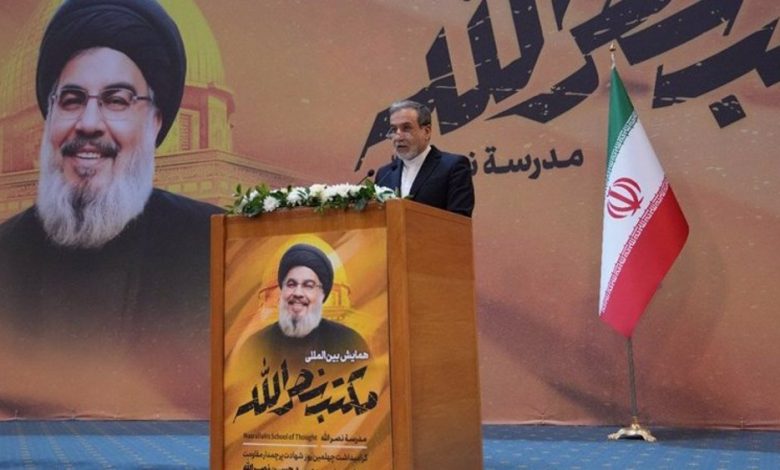
At an international summit held in Tehran on Saturday, titled “Nasrallah’s School of Thought,” prominent Iranian diplomat Araghchi addressed attendees in observance of the 40th day since the martyrdom of Hezbollah leader Sayyed Hassan Nasrallah. The event drew significant attendance from Iran’s top political figures and foreign experts.
Araghchi criticized what he described as the “usurping, apartheid regime” in reference to Israel, accusing it of dismissing ceasefire efforts in Gaza and Lebanon. He further alleged that Israel is continuing its operations in Palestine and Lebanon, lamenting that the international community has been either ineffective or merely observant of what he termed as “Zionist aggression” and attempts to destabilize the region.
“The international community must be aware that if the conflict escalates, its detrimental effects will not be confined to the West Asia region. Such insecurity and instability have the potential to extend to distant regions, impacting global peace and security.”
Iran’s leading diplomat has urged the international community to prioritize the establishment of a just ceasefire in both Gaza and Lebanon. He emphasized that the Islamic Republic has been unwavering in its efforts to achieve this objective.
He emphasized that in the present circumstances, the accountability of the global community in relation to these crises is at an all-time high. He urged the United Nations and other international bodies to uphold their responsibilities in safeguarding global peace and security through the implementation of unbiased and justice-focused strategies.
Araghchi lauded Nasrallah, describing him as a symbol of resistance, valor, and defiance against oppression and aggression. He emphasized that Nasrallah’s influence extends beyond Lebanon, resonating throughout the Muslim world and among nations that cherish freedom.
Sayyed Hassan Nasrallah consistently held the view that turning a blind eye to the actions of the Zionist regime erodes the very principles of international justice. Consequently, he underscored the significance of multilateral approaches and inter-country collaboration in addressing such crises, he stated.
The Iranian Foreign Minister has issued a warning, alleging that Israel has initiated a multifaceted campaign against Lebanon, employing a combination of military action, intelligence operations, and media strategies. The Foreign Minister further accused Israel of attempting to sow discord among Muslim communities, as well as between Muslims and Christians.
Araghchi emphasized the crucial role of internal solidarity among Muslim nations and the enhancement of regional collaboration in safeguarding the resistance front against adversaries. He highlighted Lebanon as a prime example of a society capable of overcoming challenges through its cultural and religious diversity, underscoring the importance of national unity.
Since October, Hezbollah has carried out numerous attacks on territories under Israeli occupation. These actions follow the regime’s initiation of a large-scale military campaign in Gaza and an escalation of hostilities against Lebanon.
The ongoing military offensives have resulted in the deaths of over 43,000 Palestinians, predominantly women and children, while tensions with Lebanon have led to more than 3,000 fatalities.
The Lebanese resistance movement has pledged to continue its assaults on Israeli-occupied territories as long as the Israeli regime persists in escalating tensions in southern Lebanon and maintains its operations in Gaza.

